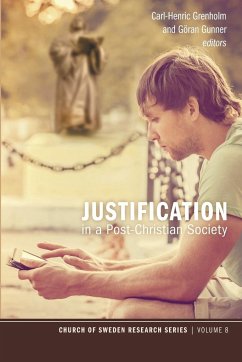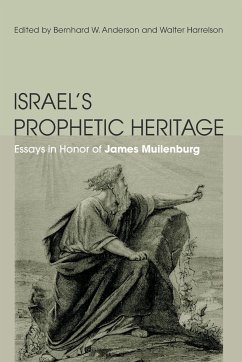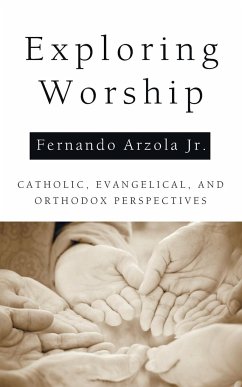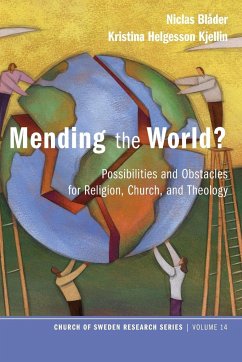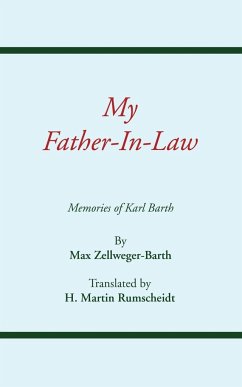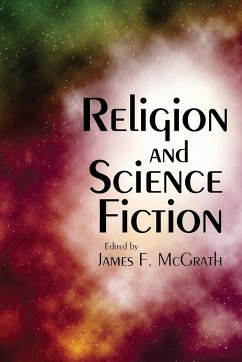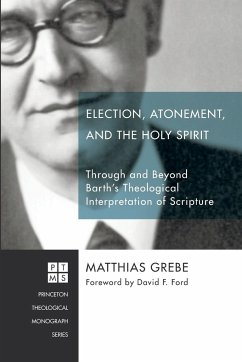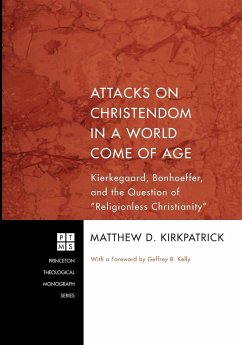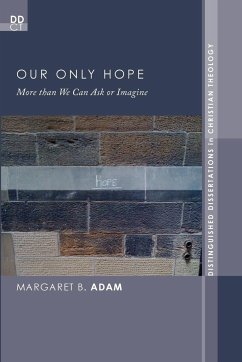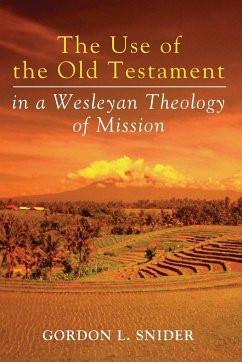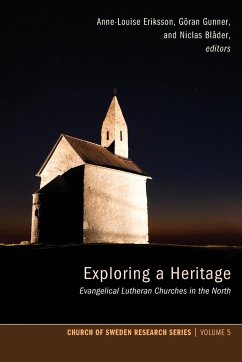
Exploring a Heritage
Versandkostenfrei!
Versandfertig in 1-2 Wochen
33,99 €
inkl. MwSt.

PAYBACK Punkte
17 °P sammeln!
From a historical perspective, similarities among the Lutheran churches in Denmark, Iceland, Norway, and Sweden are easily understood. But these previously homogeneous northern societies, built on a Lutheran tradition with close ties between church and state, are now considered to be among the most secular in the world, as well as being impacted by a growing presence of other religions. These changes present a major challenge to the churches concerning how to relate to the state and how to be a ""folk church."" The goal of this volume is to explore how Lutheran identity presently shapes church...
From a historical perspective, similarities among the Lutheran churches in Denmark, Iceland, Norway, and Sweden are easily understood. But these previously homogeneous northern societies, built on a Lutheran tradition with close ties between church and state, are now considered to be among the most secular in the world, as well as being impacted by a growing presence of other religions. These changes present a major challenge to the churches concerning how to relate to the state and how to be a ""folk church."" The goal of this volume is to explore how Lutheran identity presently shapes churches in the north. What are the burning issues engaging these churches at the beginning of the third millennium? Are there signs that they are affected by the global emergence of a theology and practice commonly known as Neo-Pentecostal or Charismatic? What is the situation for women in these churches embedded in societies ranked among the world's most egalitarian? In what ways does their Lutheran heritage influence how these churches shape themselves today? The point of departure for this study is not a predetermined, normative understanding of what a Lutheran church is or should be, but the fact that the churches presented here represent what ""Lutheranism"" is today in this part of the world. Contributors include Anne-Louise Eriksson, Steinunn Arnthrudur Bjornsdottir, Solveig Anna Boasdottir, Niclas Blader, Carl Reinhold Brakenhielm, Thomas Ekstrand, Arnfriður Guðmundsdottir, Goran Gunner, Harald Hegstad, Hjalti Hugason, Roger Jensen, Halvard Johannessen, Peter Lodberg, Benedicte Hammer Præstholm, Karin Sarja, Ulrika Svalfors, Merete Thomassen, Marie Thomsen, Marie Vejrup Nielsen, and Else Marie Wiberg Pedersen.





